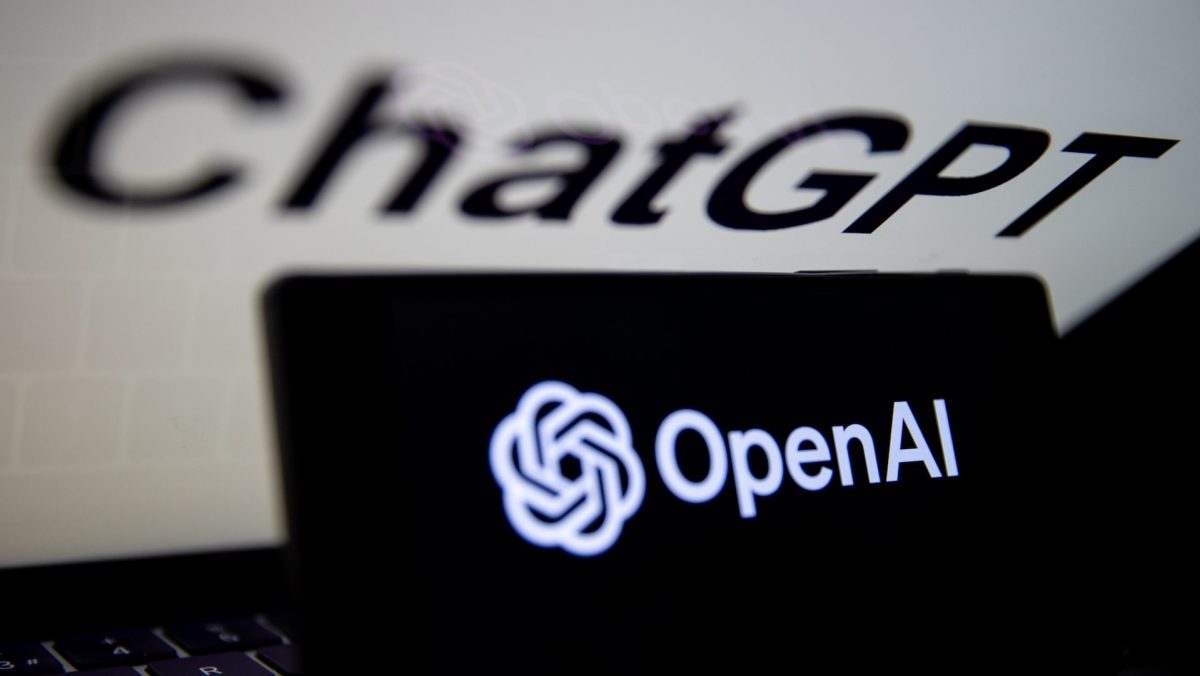You’ll soon be able to tell ChatGPT to forget things — or remember specific things in future conversations.
Today, as part of a test, OpenAI began rolling out new “memory” controls for a small portion of ChatGPT free and paid users, with a broader rollout to follow at some unspecified future point. The controls let you tell ChatGPT explicitly to remember something, see what it remembers or turn off its memory altogether.
OpenAI explains in a blog post:
“ChatGPT can now carry what it learns between chats, allowing it to provide more relevant responses … As you chat with ChatGPT, you can ask it to remember something specific or let it pick up details itself. ChatGPT’s memory will get better the more you use it and you’ll start to notice the improvements over time.”
It’s not hard to picture scenarios where a ChatGPT with memory could come in handy.
If, say, you wanted ChatGPT to recall you live in the suburbs and so prefer driving versus public transit directions, you can simply tell it (e.g. “Remember that I live in the suburbs and mostly drive.”). Or if you wanted its advice about child-rearing to pertain to younger kids because you have a kindergartner, you could highlight this fact for it (e.g. “Remember that I have a kindergartner.”).
OpenAI lists several ways in which memory could be useful in a business context, as well, like remembering tone, voice and formatting preferences for blog posts and languages and frameworks for programming.
Image Credits: OpenAI
GPTs — custom chatbots powered by OpenAI’s models, available through the GPT Store — have their own memories. The Books GPT, for instance, can automatically remember which books you’ve already read and which genres you like best. But these memories aren’t shared with ChatGPT (or vice versa).
The memory feature for both ChatGPT and GPTs can be disabled at any time from the ChatGPT settings menu, and when it’s turned off, ChatGPT and GPTs won’t create or use memories. From this same menu, you can view and delete specific memories or clear all memories.
Note that deleting a chat from chat history won’t erase ChatGPT’s or a GPT’s memories — you have to delete the memory itself.
Now, one imagines that ChatGPT could, over time, accumulate a lot of sensitive personal details in its memory, especially considering that the memory feature is switched on by default. OpenAI acknowledges the possibility — and also says that it might use memories to improve its models, with a carve-out for ChatGPT business customers and users who’ve opt out.
But OpenAI also says that it’s taking steps to steer ChatGPT away from “proactively” remembering sensitive information, like health details, unless a user explicitly asks it to.
“ChatGPT’s memories evolve with your interactions and aren’t linked to specific conversations,” OpenAI writes. “[And] memories, like chats, with GPTs are not shared with GPT builders.”
For a more privacy-preserving experience, OpenAI’s rolling out a new Temporary Chat feature in ChatGPT, initially limited to a small subset of free and subscription users. With Temporary Chat, you can have a dialogue with a blank slate of sorts; ChatGPT won’t be aware of previous conversations or access memories but will follow custom instructions if they’re enabled.

Image Credits: OpenAI
OpenAI says it may keep a copy of Temporary Chat conversations for up to 30 days for “safety reasons,” however.



![[CITYPNG.COM]White Google Play PlayStore Logo – 1500×1500](https://startupnews.fyi/wp-content/uploads/2025/08/CITYPNG.COMWhite-Google-Play-PlayStore-Logo-1500x1500-1-630x630.png)